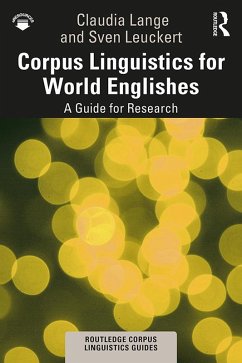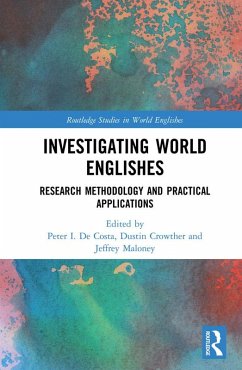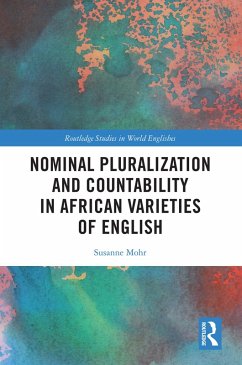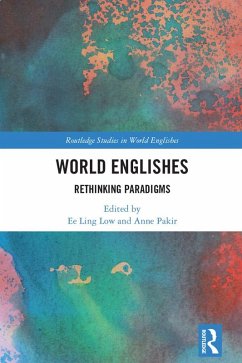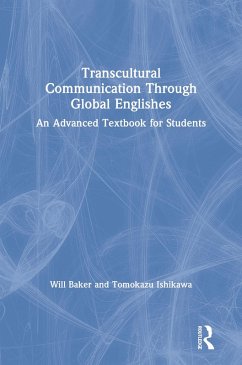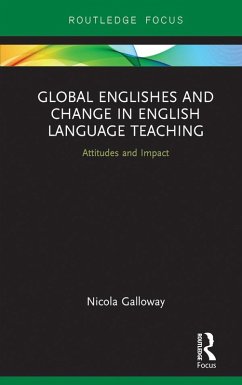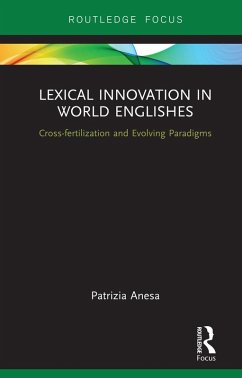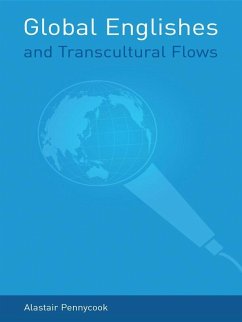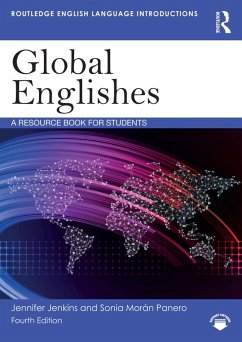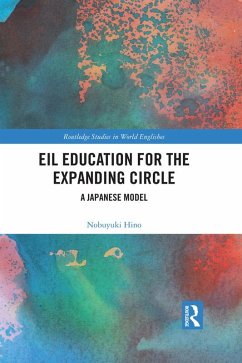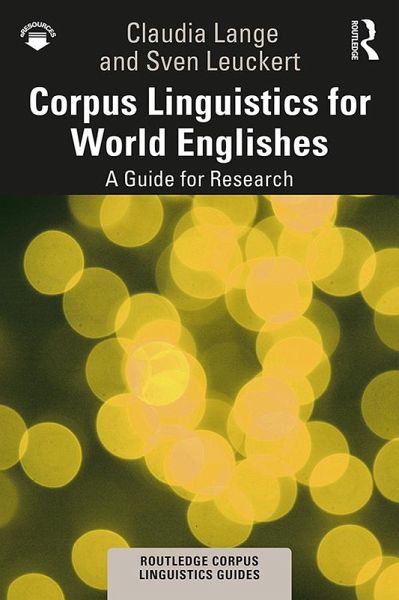
Corpus Linguistics for World Englishes (eBook, PDF)
A Guide for Research
Versandkostenfrei!
Sofort per Download lieferbar
38,95 €
inkl. MwSt.
Weitere Ausgaben:

PAYBACK Punkte
19 °P sammeln!
Corpus Linguistics for World Englishes offers a detailed account of how to analyse the many fascinating varieties of English around the world using corpus-linguistic methods. Employing case studies for illustration of relevant concepts and methods throughout, this book: introduces the theory and practice of analysing World Englishes illustrates the basics of corpus-linguistic methods and presents the vast World Englishes corpora links World Englishes to Learner Englishes and English as a Lingua Franca offers practical, hands-on exercises and questions for discussion in each chapter provides he...
Corpus Linguistics for World Englishes offers a detailed account of how to analyse the many fascinating varieties of English around the world using corpus-linguistic methods. Employing case studies for illustration of relevant concepts and methods throughout, this book:
Corpus Linguistics for World Englishes is key reading for advanced students of English as a World Language and Corpus Linguistics, as well as anyone keen to understand variation in World Englishes with the help of corpus linguistics.
- introduces the theory and practice of analysing World Englishes
- illustrates the basics of corpus-linguistic methods and presents the vast World Englishes corpora
- links World Englishes to Learner Englishes and English as a Lingua Franca
- offers practical, hands-on exercises and questions for discussion in each chapter
- provides helpful overviews and course syllabi for students and instructors.
Corpus Linguistics for World Englishes is key reading for advanced students of English as a World Language and Corpus Linguistics, as well as anyone keen to understand variation in World Englishes with the help of corpus linguistics.
Dieser Download kann aus rechtlichen Gründen nur mit Rechnungsadresse in A, B, BG, CY, CZ, D, DK, EW, E, FIN, F, GR, HR, H, IRL, I, LT, L, LR, M, NL, PL, P, R, S, SLO, SK ausgeliefert werden.




